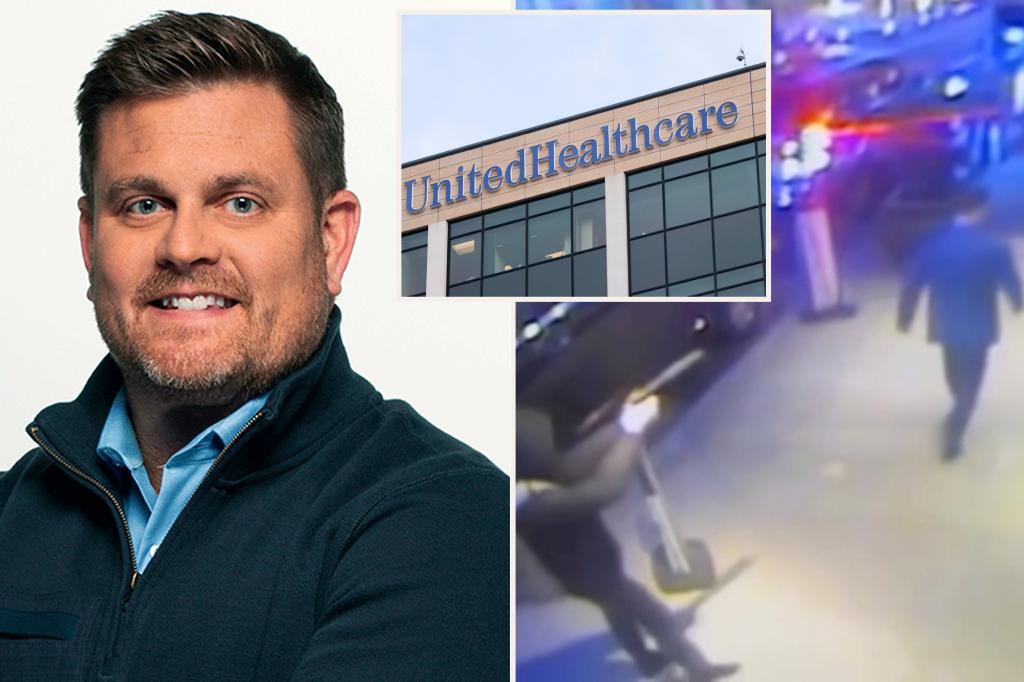Brian Thompson, the slain CEO of UnitedHealthcare, was acutely aware of the public relations challenges facing his company and the health insurance industry at large. He recognized the widespread frustration and confusion surrounding the role of insurance companies in the healthcare system, a sentiment exacerbated by the complexity of the industry and the sheer number of different health insurance providers. Thompson, according to colleagues, was actively working to address these perceptions and improve public understanding of UnitedHealthcare’s actions, particularly its efforts to reduce out-of-pocket costs for essential medications. His untimely death tragically cut short his mission to bridge the communication gap between the company and the American public, leaving a void in leadership at a critical juncture for the industry.
Thompson’s leadership proved invaluable during the COVID-19 pandemic, a period of unprecedented strain on the healthcare system. When Congress allocated billions in emergency funding for healthcare providers but lacked a mechanism for swift distribution, Thompson stepped forward. He leveraged UnitedHealthcare’s banking infrastructure to facilitate the rapid transfer of over $135 billion to hospitals and other providers within a week, effectively preventing the collapse of numerous healthcare facilities across the nation. This decisive action underscored his commitment to the stability of the healthcare ecosystem and earned him widespread recognition within the industry, ultimately contributing to his promotion to CEO in 2021. His public statements reflected a deep understanding of the burdens faced by patients navigating complex health issues and a pledge to alleviate those burdens.
Despite Thompson’s efforts to improve UnitedHealthcare’s image, the company, along with other major health insurance providers, faced intensifying scrutiny in the months leading up to his death. Investigations and reports revealed high rates of prior authorization denials for patients enrolled in Medicaid-managed care plans, a practice that drew criticism for potentially delaying or denying necessary medical care. A Senate report further highlighted the frequent denial of claims for Medicare Advantage patients, raising concerns about access to care for vulnerable populations. These investigations, combined with a lawsuit accusing Thompson of insider trading, placed UnitedHealthcare in a precarious position, further complicating Thompson’s efforts to rebuild public trust.
The tragic circumstances surrounding Thompson’s death brought the simmering public resentment towards the health insurance industry to a boiling point. His alleged killer, Luigi Mangione, expressed a profound anger towards insurance companies in a handwritten manifesto, specifically singling out UnitedHealthcare and accusing them of wielding excessive power and exploiting the country for profit. This sentiment, while extreme, resonated with many who have experienced frustrations with the healthcare system, particularly the perceived obstacles to accessing affordable and timely care. The online reaction to Thompson’s death, while varied, included disturbing expressions of support for Mangione’s actions, illustrating the depth of public anger directed at the industry.
The confluence of investigations, public criticism, and the tragic nature of Thompson’s death created a perfect storm for UnitedHealthcare and the health insurance industry as a whole. Thompson’s vision of a more transparent and patient-centered approach to healthcare, while promising, remained unrealized. His efforts to improve public understanding of UnitedHealthcare’s role and contributions were overshadowed by the negative publicity surrounding the company and the industry. The challenges he sought to address – public mistrust, complex regulations, and the rising cost of healthcare – remain significant hurdles for the industry to overcome.
In the aftermath of Thompson’s death, the health insurance industry faces a critical juncture. The issues that fueled public anger and contributed to the tragic events of December 4, 2024, demand serious attention and require meaningful solutions. The industry must grapple with the perception of prioritizing profits over patient care and address the complexities that contribute to patient frustration and confusion. Whether UnitedHealthcare and other major players can effectively rebuild trust and create a more transparent and patient-centric system remains to be seen. The legacy of Brian Thompson, a leader who recognized these challenges and sought to address them, will be intertwined with the industry’s response to this pivotal moment.


